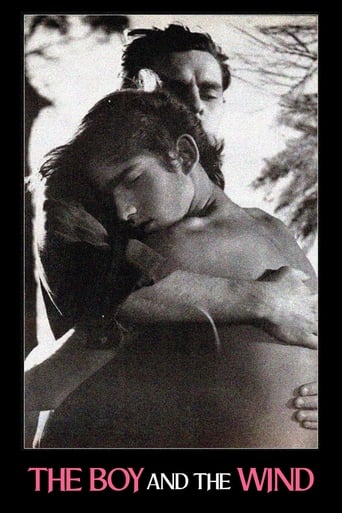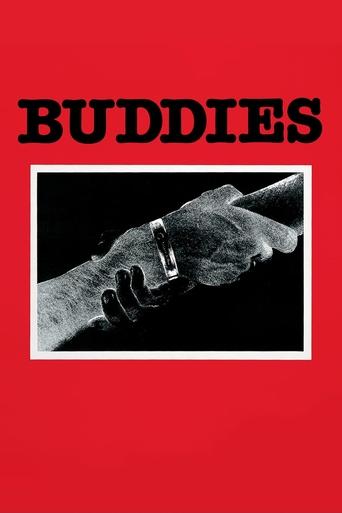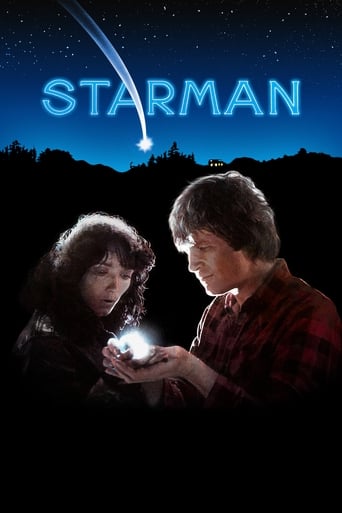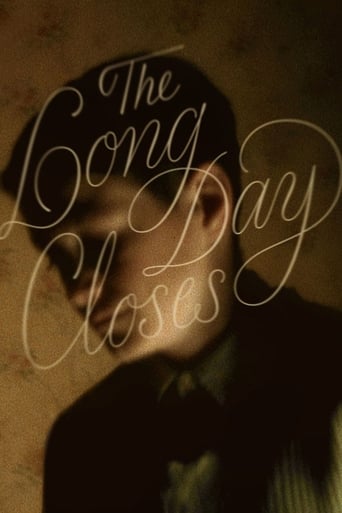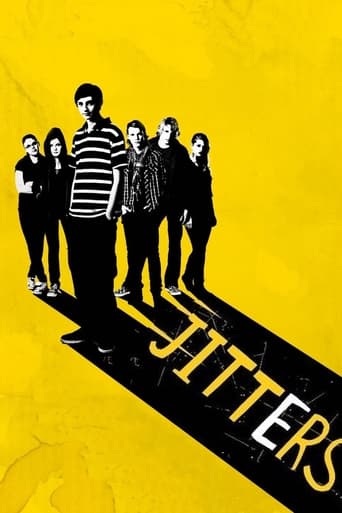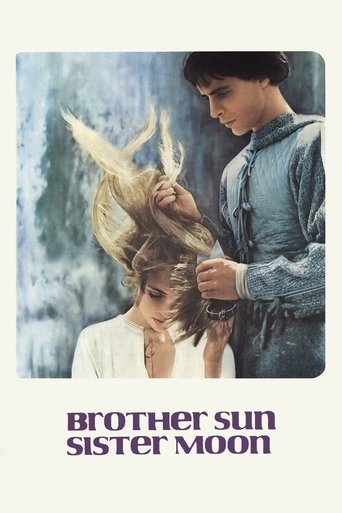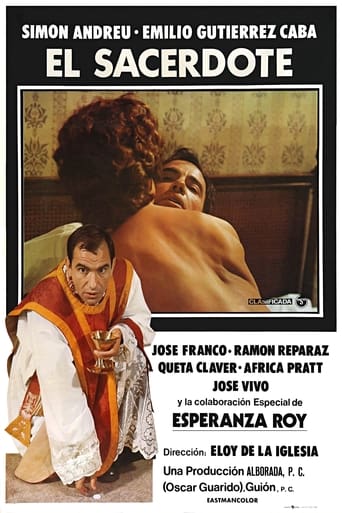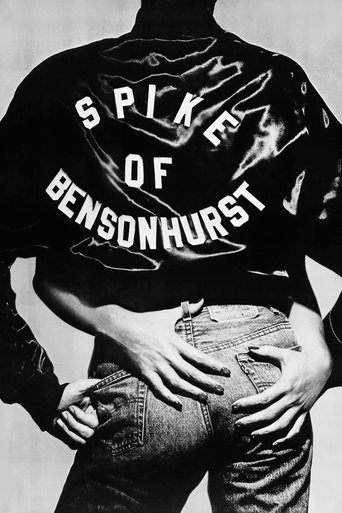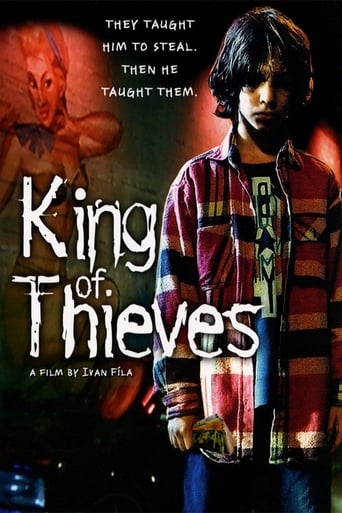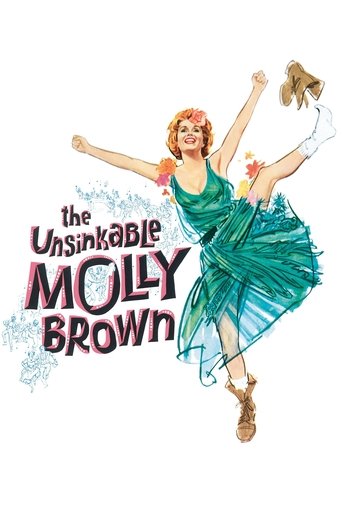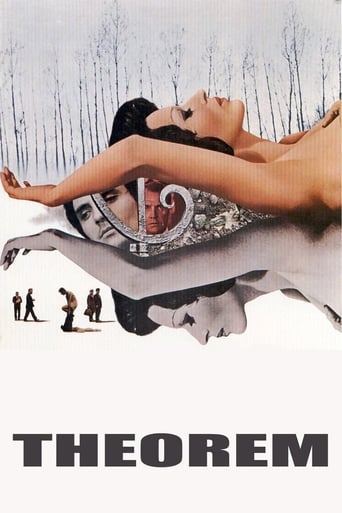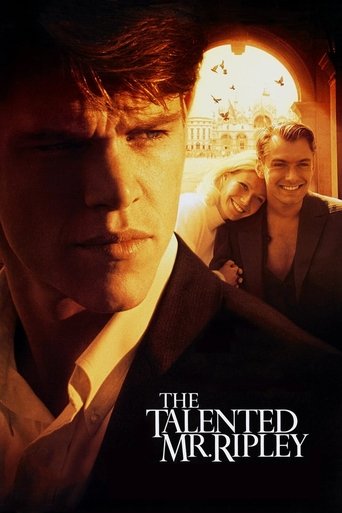Cast
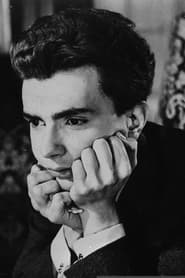
Francis Lacombrade
Georges de Sarre

Didier Haudepin
Alexandre Motier

François Leccia
Lucien Rouvière
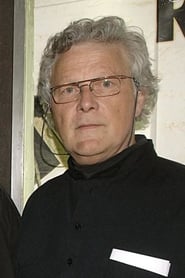
Dominique Maurin
Marc de Blajean
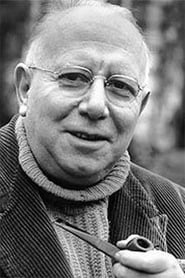
Louis Seigner
Father Lauzon
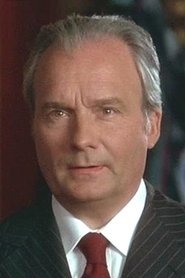
Michel Bouquet
Father Trennes
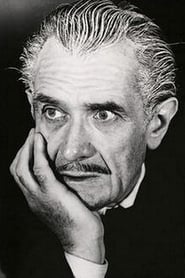
Lucien Nat
Father Superior

Gérard Chambre
André Ferron
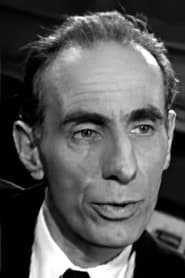
Henri Coutet
The employee of the institution

Dominique Diamant
Maurice Motier

Bernard Musson
Father teaching
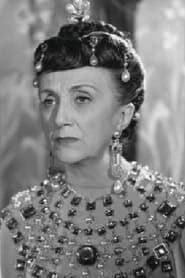
Colette Régis
The nun
More Like This
Reviews
CinemaSerf
As love stories go, this has to be one of the more touching I've seen on film. Set amidst the controlling but not oppressive environment of a Jesuit run school, we meet the young "Comte Georges" (Francis Lacombrade) who develops a friendship with the younger "Alexandre (Didier Haudepin). Now it's not in any way a sexual or predatory relationship, but the two instantly click with the younger lad clearly infatuated with his older friend who sees in "Alexandre" an opportunity to nurture a genuine love and affection. Naturally, the fathers take a fairly dim view of any friendship that suggests even the most platonic degree of intimacies between the boys, and so "Fr. Superior" (Lucien Nat) attempts to put a stop to things by threatening to send "George" away from the school. What now ensues are a series of decisions to be faced by people too young and immature to fully comprehend, let alone, rationalise - and a tragic denouement starts to look increasingly likely as young "Alexandre" really does come across more and more as a "lost sheep". What struck me about this is it's positivity. It's not about abusive priests with canes and excessive doctrine - the Father Superior comes across as a decent man genuinely concerned with the souls of his charges, whilst the two - especially the thoroughly charming Haudepin - just engage as two people whom you could image being friends forever. It has moments of poignancy, of disappointment and of fun - and although maybe it could have taken a bit longer to build the characters more, it is still a potent look at two boys in love - forbidden yet thriving.
You've reached the end.

